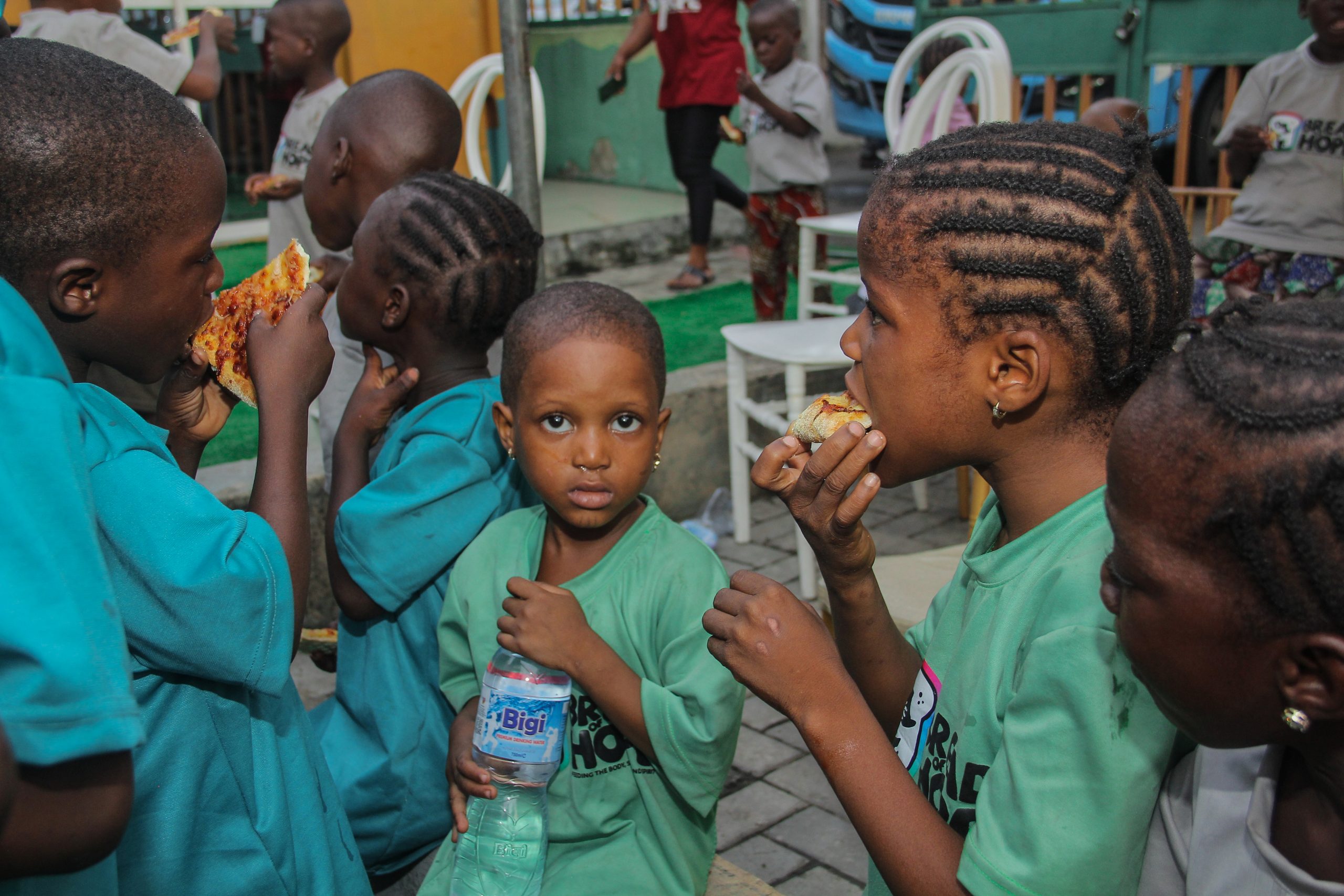
Vital Link Between Healthy Meals, Education, and School Retention in Africa
In African societies, where culture, community, and tradition play pivotal roles, education emerges as a cornerstone for sustainable development and empowerment. Yet, the journey towards educational equity is fraught with challenges, among which the provision of healthy meals stands out as both a fundamental need and a transformative opportunity. The symbiotic relationship between nutrition and learning is undeniable, and in the African context, it becomes even more critical as a catalyst for change, particularly in enhancing school retention rates.
The Foundation of Learning
Education in Africa carries the promise of lifting communities out of poverty, empowering individuals with knowledge, and fostering socio-economic development. However, the path to achieving educational success is often obstructed by a myriad of barriers, with malnutrition being one of the most significant. A hungry child cannot focus, participate, or absorb the lessons taught in class, rendering the educational experience ineffective at best.
“All children should have the basic nutrition they need to learn and grow and to pursue their dreams, because, in the end, nothing is more important than the health and well-being of our children.” –
Michelle Obama
The Impact of Nutrition on Education
Nutritious meals are not merely a matter of physical health; they are the fuel that powers the brain, enhances cognitive functions, and boosts concentration and memory. In regions plagued by food insecurity, the introduction of school meal programs has shown remarkable outcomes, not only in improving health indicators but also in boosting enrollment, attendance, and academic performance.
Bridging Gaps, Building Futures
Recognizing the inextricable link between nutrition and education, numerous initiatives across the African continent have embraced the model of integrating school feeding programs with educational efforts. These programs serve as a magnet, drawing children into classrooms where they are not only fed but also educated. They address immediate nutritional needs while fostering a conducive learning environment, thereby tackling two critical development challenges simultaneously.
Success Stories and Lessons Learned
Countries like Kenya, with its Home-Grown School Meals Programs exemplify the positive ripple effects of combining nutrition with education. These programs not only improve school retention rates but also have broader socio-economic benefits, such as supporting local agriculture and generating employment.
The Way Forward
The path to sustainable development in Africa hinges on innovative and holistic approaches to education. Ensuring that every child has access to both a healthy meal and quality education is not just a moral imperative but a strategic investment in the continent’s future. Governments, NGOs, and communities must collaborate to scale up and sustain these integrated programs, adapting them to local contexts and needs.
A Call to Action
The story of education and nutrition in Africa is an ongoing narrative of resilience, hope, and potential. As global citizens, the responsibility falls on us to support, advocate, and contribute to initiatives that bridge the gap between healthy meals and education. Whether through policy advocacy, financial support, or volunteerism, every action counts in nurturing the minds and bodies of Africa’s future leaders.
In Conclusion
The interplay between healthy meals and education in Africa is a testament to the power of integrated approaches to development challenges. By nourishing the bodies and minds of the continent’s youth, we lay down the stepping stones towards a brighter, more sustainable future. The journey is long, and the challenges are many, but with collective will and concerted efforts, the vision of a well-educated, healthy, and empowered African generation is within reach.
All Categories
Recent Posts
Off the Streets, Back to School: Transforming Lives in Nigeria with Bread of Hope
Breakfast and a Book: A Summer of Learning and Nourishment with Greene County Library.
Vital Link Between Healthy Meals, Education, and School Retention in Africa
937-999-7439
hello@breadhopelife.org




